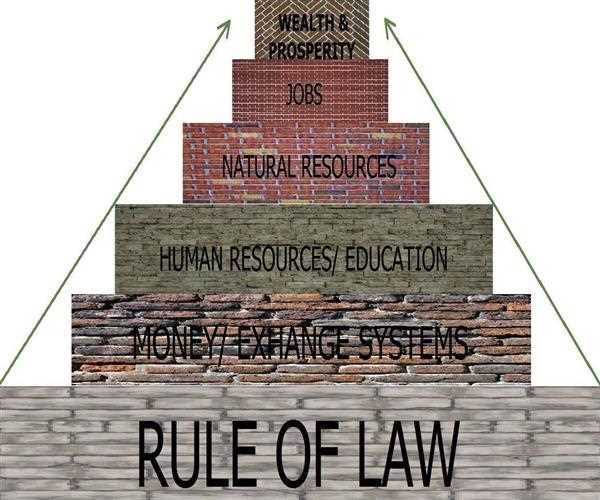
Overview
This ‘word Rule of Law’ has been taken from
England,
In our surroundings, we can see the concept of the ‘Rule of law’, suppose you are doing an act regularly in your surroundings like you have
started to give a penny to the beggar and after some time including you, many
others also started to donate a penny to the same beggar. And at one time, a senior member of such donating category
declared that the money donated to the baggers is a must, and everyone capable will donate.
To follow the declaration, all people started giving. So here it becomes a rule of law.
Definition of Rule of Law
To simply understand the definition of Rule of Law we can say that no man is above the law and also that every person is subject to the jurisdiction of ordinary Courts of law in the respect of their position and law.
According to
Black’s Law Dictionary “Rule of law”
means legal principles of day-to-day applications, approved by the governing bodies and authorities
and expressed in the form of a logical proposition.
According to
Oxford Advanced Learner’s Dictionary “Rule of Law” means the situation in which all the people and state are governed by the law.
Rule of Law in India
In the making of the constitution of India, the framers of India had two options either choose the US or England to adopt the Rule of Law. The constitution-makers adopted it from England and placed it in our constitution. In India, we have the
Rule of Law as the supreme power in the country and no one will be released without paying damages in case of violating them.
In the Indian constitution, the provision is given to the person whose rights
have been infringed. And according to articles 32 and 226 of the constitution, one can go and can directly approach the respective Supreme Court and
High Court of India.